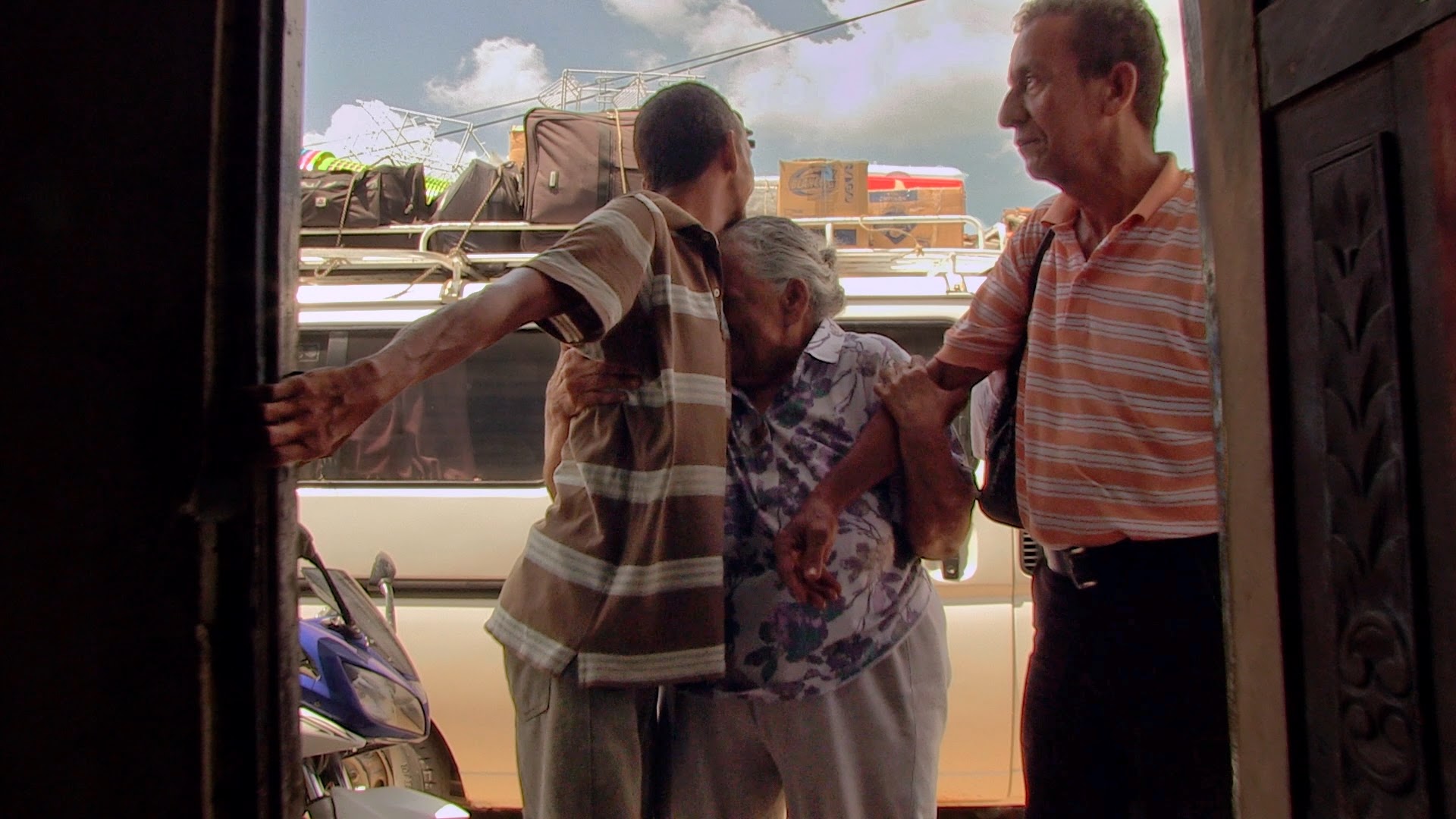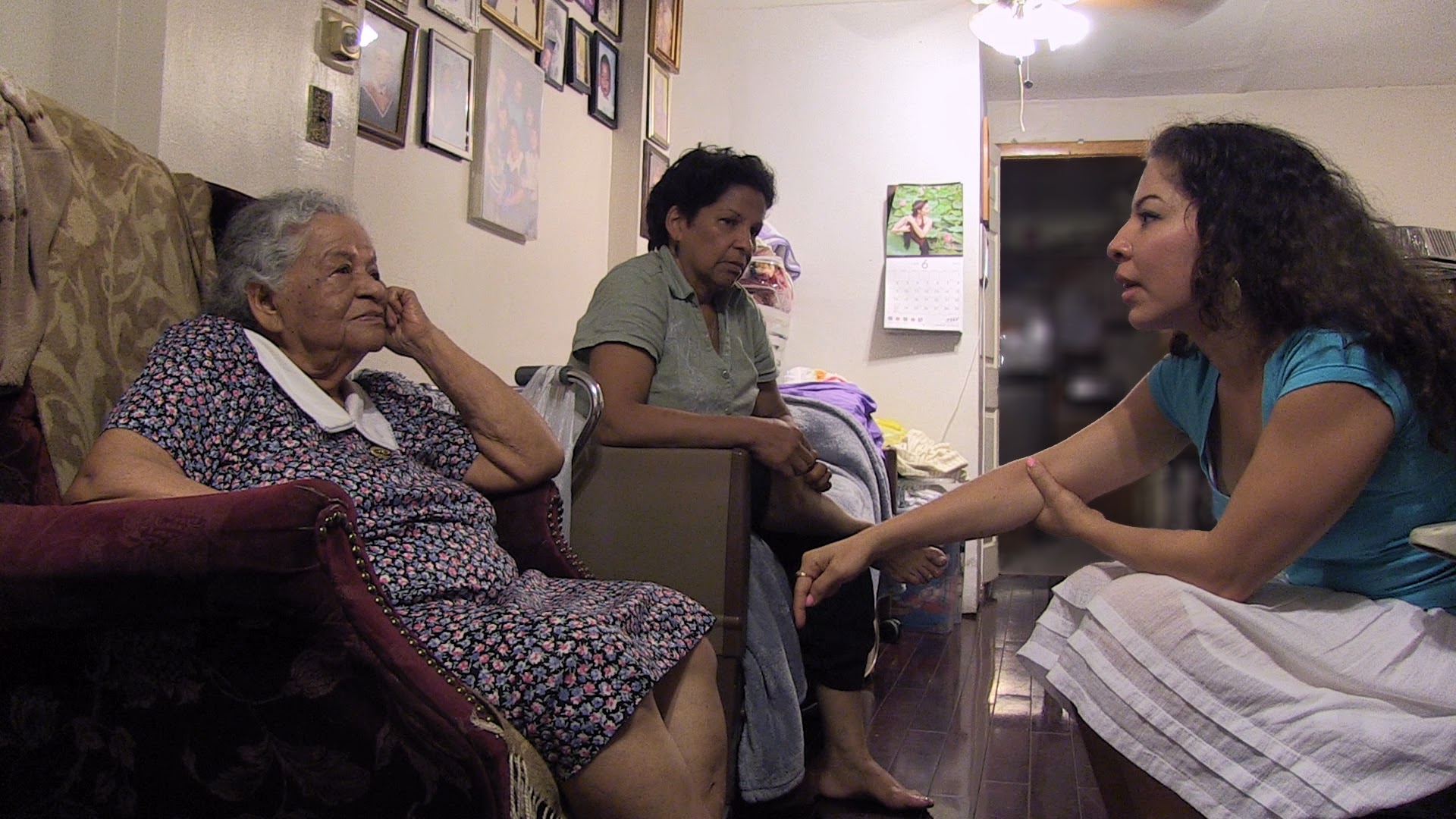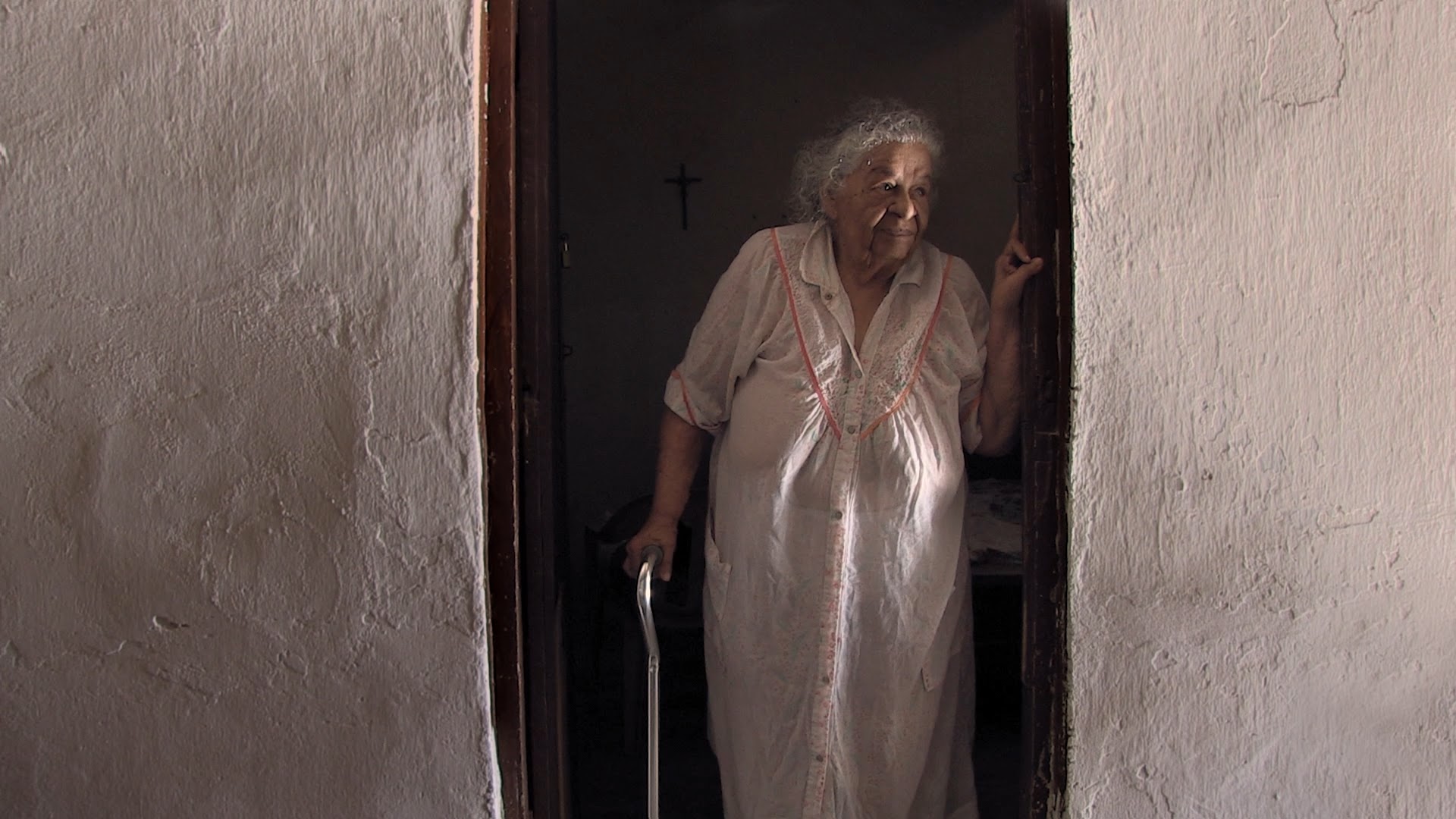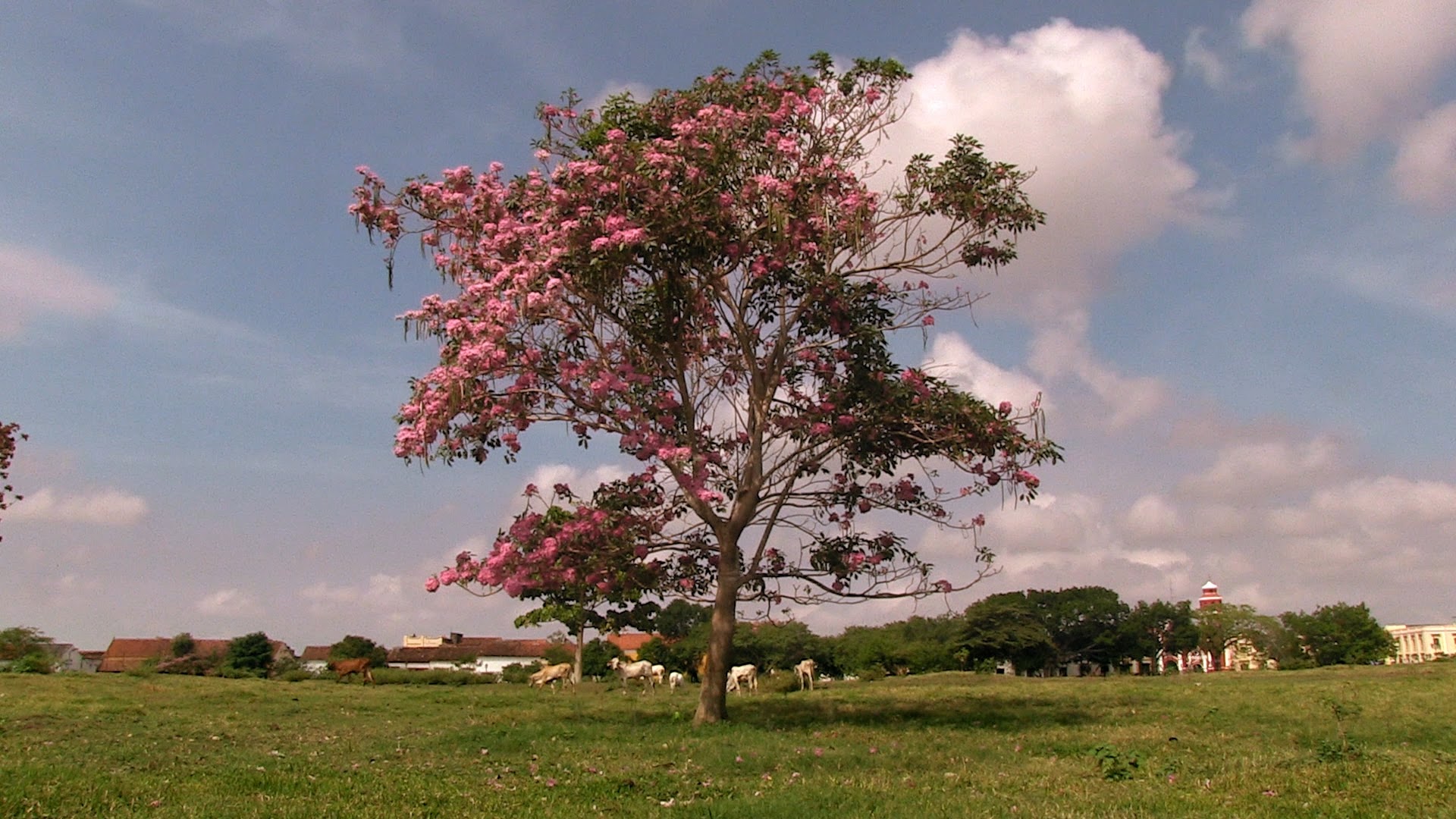
Immigration isn’t something finite, something that begins and ends. It molds itself into situations. It melds itself into time. The effects can be subtle. They can be abrupt. But the meaning of immigration is always changing. Always evolving.
La casa de Mama Icha is a documentary that explores this journey through the homes people create and leave behind as they embark on new adventures. At the start of the film, Mama Icha is a 93 year old woman living in the United States who wants to go back home to Mompox, Colombia. Like many immigrants in the United States, she daydreams about her life in Colombia, the people she left behind, and the home she has been building there since she left 33 years ago. But not everything is what it seems. When Mama Icha returns home to Colombia she realizes it’s a different place then what she left it as. While Colombia was frozen in time in her mind, Colombia kept moving on without her.

The Start
In 2011, Director Oscar Molina was living in Philadelphia and researching the dream many migrants have of going to richer countries in order to gain resources to build a house in their home countries. “In those stories, many people are able to fulfill that dream, but they don’t return to live in those houses. So those houses become kind of a ghost.” he says.
Molina wanted to find out why people don’t return after building these homes and he discovered one of the most difficult points was just the fact that these people had been away for so long. For La casa de Mama Icha, he sought a person who didn’t postpone their return, did not hesitate the dream. He met Michelle Angela Ortiz, Mama Icha’s granddaughter who identified with the topic. After meeting Mama Icha, the two spent many hours talking. “We talk(ed) for many hours about that dream, about her experience as a migrant in the US, about her memories in Colombia, and about her love for that house.”

Earning Trust
Getting to know Mama Icha and her family was a great way to establish trust and a relationship for the documentary. When the team flew to Colombia, there was a specific focus on building connections with everyone there. “I developed like, individual relationships with each person of the family trying to understand each person’s agenda, and at the same time trying to respect this kind of trust, shame.” says Molina, “I was receiving a lot of information from different members of the family, and I was kind of creating relationships with them independently from the relationships that they have in their own families. So I was not treating them in the same way that a brother.” Instead, it was about treating each person individually with respect for each.
Producer and Co-writer, Brenda I. Steinecke Soto says, “Oscar was always very, very clear about it. When someone said, Hey, I don’t want to be a on record, he just didn’t do it. For instance, there is a specific example, Alberto’s wife, Mercedes, she’s meant in the film, because she’s part of this family dynamics, but she does not appear. Because from the beginning she said, It’s none of my business so I don’t want to be recorded, and there is no image of her.” Reviewing the material, she says, was almost like a form of therapy because of everyone involved. “Before deciding what to put in or out, we had to understand all other participants.”

The Final Shot
The film aptly ends with a shot of a beautiful and grand tree, but the team had to take some time to figure out that that was how they wanted to end the film. “ We understood okay, we need to find an image that says something about the heroic character of Mama Icha, even though the story is hard. So to stress her agency, to stress her wish of rootedness, being clear in her life about what she wanted, in terms of her death.” says Soto. They found that final image in the middle of the hectic and emotional Holy Week, “Oscar tend to go again and again through the other river site, to the other side of the river, and he started shooting trees. There are lots of trees shot. At the end, together with Gustavo Vasco (the film’s editor), we rediscovered this great image of the tree in blossom with these colors and this spiritual feeling that gives to us, or to the viewer, to many of us.”
“Yes, as Brenda mentioned, but I think also, in a previous work that I did, I was already interested in looking at trees.” says Molina. In a previous work he worked with trees and trying to find meaning from them. “The film is not just about the tree, but the tree is like the marking point of time and also above life.”
Favorite thing about working on the project:
Brenda I. Steinecke Soto: One thing which I am very, very, very grateful for. I lived for almost 20 years in Germany. After I came back to Colombia, and after Oscar and me met, at some point, we started working together. And through this film, I understood much better my own experience, the experience of my father, who is a German migrant dude living in Colombia had and any of my friends, which are living now in Germany, and they come either from Colombia or from Poland, or from somewhere else. So, it was a door to really, really, deeply reflect upon my own experience. And also this question, around belongingness. Belongingness, to a territory to the body, to social context, to a culture. So I think I could really elaborate many dimensions of my experience to the film and also kind of to also to emancipate in the sense of, for me, it was empowering myself of my decision to return because it’s really difficult to return. Like, I mean, the term reverse migration, it’s already known. And when you come back home after two decades, you are migrating again. And so yeah, so it gave me a dimension of empowerment, because I like that I return, I love the fact that I took that decision.
Oscar Molina: I think my answer goes in a king of similar direction I made this film, in my own process of returning to Colombia. I was really interested in the topic and I got very interested in Mama Icha’s story. And parallel to that, I was planning my return to Colombia. And I in a moment, I even connected both issues like were making a film about coming back home and at the same time, I was coming back home. So it was kind of looking at Mama Icha’s story, without kind of immediately being aware that I was also returning. But in the process of shooting, I started realizing that many things that happened to Mama Icha was also happening to me, to myself. Realizing like I had changed during the time that I was away that I was far away. My friends had changed, my family has changed, and I found difficulties in my family in terms of the relationships. So in a moment, it was kind of a revelation, like a kind of how you say?Like a divine revelation. The story of Mama Icha was kind of an oracle anticipating what was going to happen (in) some way with myself.
La casa de Mama Icha is available to watch on PBS as part of their POV TV Show programming.